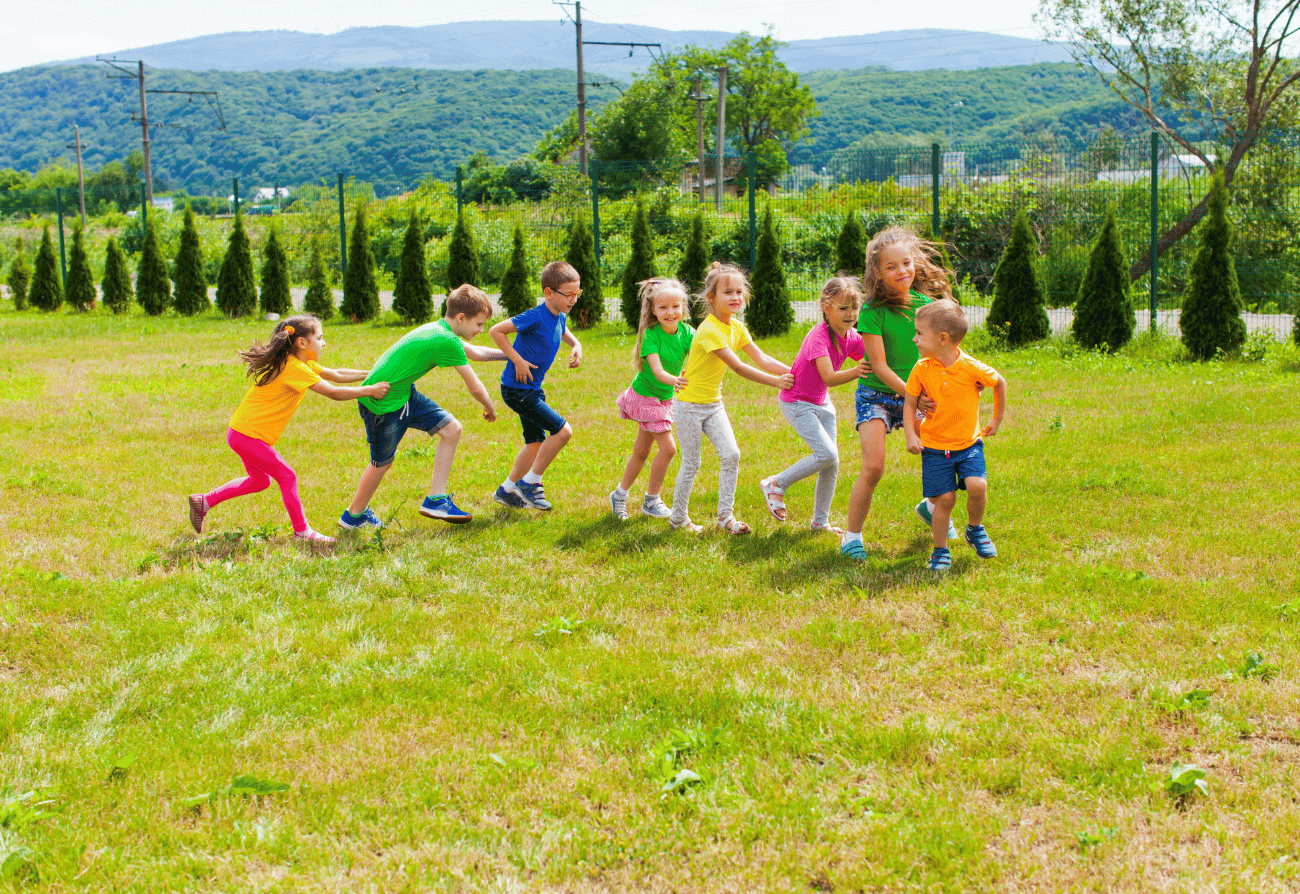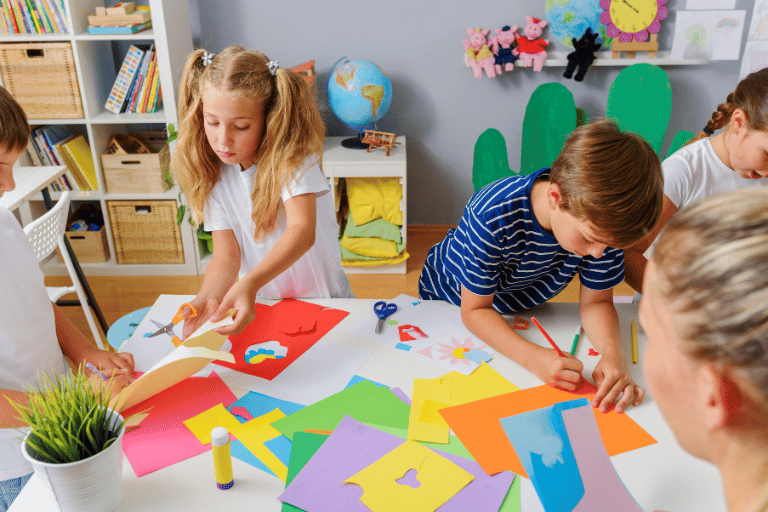
Beyond Academics: Power of Extracurriculars
The sweetest fruits often grow from the bitterest roots," as Aristotle once eloquently noted. This sentiment rings especially true when it comes to the value of extracurricular activities for children. While these activities may require dedication, perseverance, and sacrifice, the long-term benefits they provide can be nothing short of extraordinary.
“The difference between ordinary and extraordinary is that little extra.”
From building essential life skills like teamwork, leadership, and discipline to fostering a sense of community and enhancing self-esteem, extracurricular activities offer a wealth of opportunities for children to grow and thrive. Let’s explore some of the ways in which extracurricular activities can help model kids:

Nurturing Creative Intelligence:
Engaging in artistic pursuits affords children a unique opportunity to cultivate their creative intelligence, that is, the ability to generate innovative and original ideas that are both practical and useful. By providing an outlet for free expression and experimentation, music, art, and drama can help children develop the skills necessary to adapt to changing circumstances, solve complex problems, and succeed in a rapidly evolving world.
Cultivating a Sense of Purpose:
Exploring diverse interests and passions enables children to gain a deeper understanding of themselves and the world around them, which can provide a sense of direction and purpose. Through discovering and pursuing their unique talents, children can acquire a sense of self-worth, motivation, and personal fulfillment that fuels their continued growth and development.
Fostering Prosocial Behavior:
Participating in collaborative and social activities provides children with an opportunity to develop prosocial behavior, that is, the willingness to act in the best interests of others. By learning to work collaboratively, empathize with others, and communicate effectively, children can develop the skills necessary to build strong and supportive relationships, and to navigate complex social situations with ease.


Promoting Holistic Well-being:
Engaging in physical activities such as sports or fitness classes promotes not only physical health, but also mental and emotional well-being. Through regular exercise, children can develop self-discipline, self-confidence, and stress-management skills, which can help them navigate the challenges of adolescence and beyond. Additionally, physical activity can help cultivate positive attitudes towards health and fitness, and foster a lifelong commitment to healthy living.

Dynamic extracurricular activities provide children with a plethora of opportunities to explore their passions, build social connections, and develop crucial life skills. By engaging in a diverse range of activities children can broaden their horizons and gain a sense of purpose and direction.










Leave a Reply